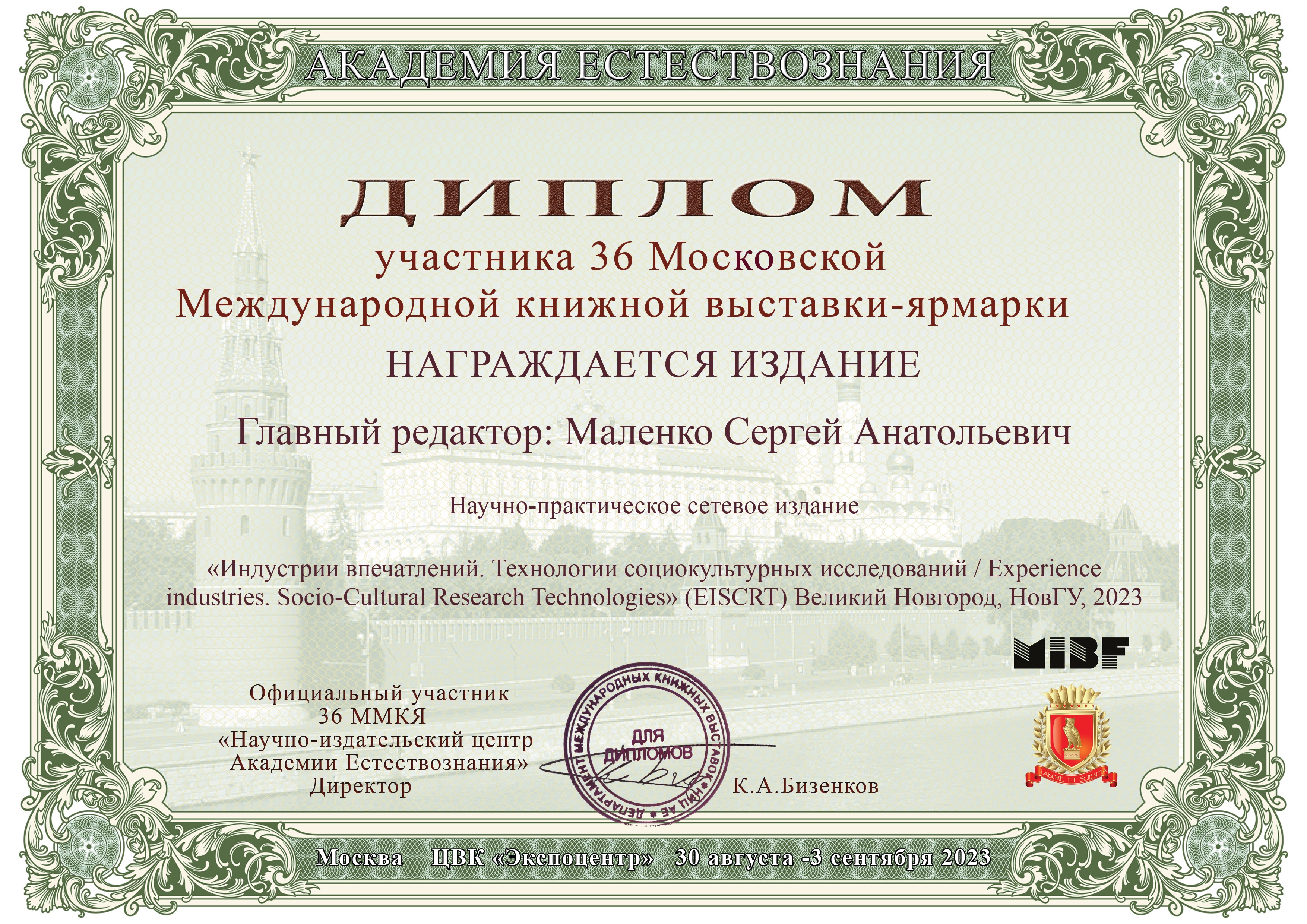MASS CULTURE: THE PURSUIT OF THE CONSUMER OR ITS PRODUCTION
DOI:
https://doi.org/10.34680/EISCRT-2024-3(8)-82-116Keywords:
consumer society, mass culture, soft power, cultural hegemony, management technologies, postmodernity, society of the spectacle, trade revolution, postcapitalism, cultural industries, experience industriesAbstract
This article examines the mechanism of the formation of mass culture as a necessary component of a consumer society. It is noted that such a society is generated by the needs of capital, which, for expanded reproduction, is forced to use all other institutions of society, including culture, as its resource. Mass culture, used to stimulate the continuous and steadily increasing demand for goods and services, strives to activate only those motives in a person’s need state that should lead them to the market. For this purpose, the entire spectrum of cultural products is used, from the cinema (one of the most powerful means of influencing mass consciousness) to children’s toys, which, despite their “innocence”, nevertheless also directly participate in the promotion of consumer habits, shaping children have a certain lifestyle, which they will be forced to reproduce when they become adults and enter the market. Thus, mass culture becomes a zealous “servant” of the business bloc of society, performing not so much an integrative function as acting as a purely marketing tool designed to form stable consumer patterns among the population, which will allow the capitalist cycle to be reproduced indefinitely.
For citation:
Smirnov, V. A. (2024). Mass culture: the pursuit of the consumer or its production. Experience industries. Socio-Cultural Research Technologies (EISCRT), 3 (8), 82-116. (In Russian). https://doi.org/10.34680/EISCRT-2024-3(8)-82-116








